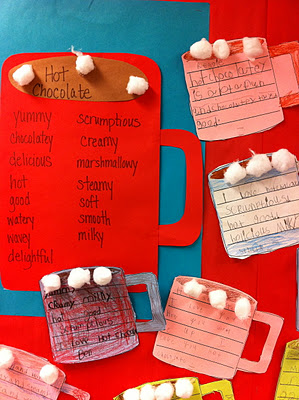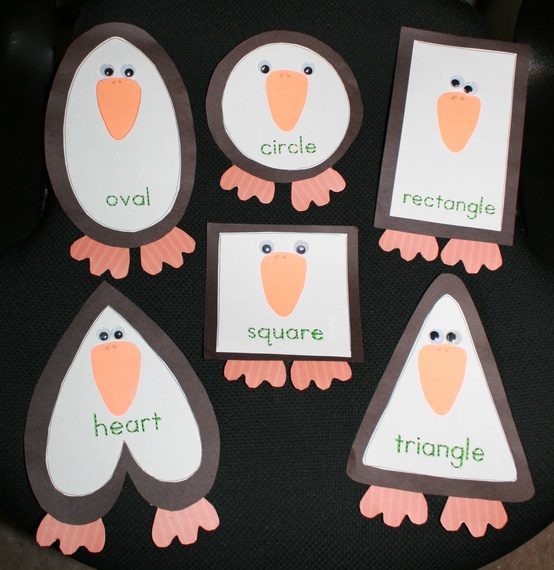It’s that time of year. Starbucks already has cheery red cups and the weather is getting colder! Maybe some people you know are starting to put up decorations or talking about Christmas. Christmas is fun. Who doesn’t like pretty lights, candy canes or giving and receiving presents with the ones that you love? However fun and cheerful Christmas may be, one thing is undeniable, Christmas is a Christian holiday. If you are teaching in Canada in a rural town in Southern Ontario chances are, a lot of the students in your classroom will probably celebrate Christmas at home with their families. If you teach in a large urban centre, for example, Surrey, BC it may be that the majority of your students will not be celebrating Christmas with their families. Wherever you end up teaching I think it is realistic to acknowledge that not all your students will celebrate Christmas.
Christmas is a topic that gets people very emotional. Many people are concerned that phrases like “Seasons Greetings” or “Winter Break” are ruining the ‘True Meaning of Christmas” and that our society has become too ‘politically correct’.
Check out this article and the backlash against Tri-Board student transportation service for asking bus drivers to remove Christmas decorations from their school buses.
http://www.thewhig.com/2011/12/14/mpp-climbs-on-board-controversy
Conservative MPP (Lanark, Frontenac, Lennox and Addington) Randy Hiller had some interesting comments to make…
“We’re not going to allow some officious mid-level bureaucrat to be the grinch who steals away Christmas from our children.”
Hillier scoffed at Tri-Board’s explanation that the ban was for safety reasons.
“We all know that is BS,” he said.
Obviously this is a much more heated issue than one might expect…
The legal stance in Ontario about religion in schools is that it is okay provided that the context of religion is education not indoctrination.
The Ontario Ministry of Education Document “Education about religion in Ontario schools” (1994) lists describes the differences between indoctrination and education. I have copy and pasted a section below:
The court elaborated on the differences between indoctrination and education in the following manner:
- The school may sponsor the study of religion, but may not sponsor the practice of religion.
- The school may expose students to all religious views, but may not impose any particular view.
- The school’s approach to religion is one of instruction, not one of indoctrination.
- The function of the school is to educate about all religions, not to convert to any one religion.
- The school’s approach is academic, not devotional.
- The school should study what all people believe, but should not teach a student what to believe.
- The school should strive for student awareness of all religions, but should not press for student acceptance of any one religion.
- The school should seek to inform the student about various beliefs, but should not seek to conform him or her to any one belief
Looking over these points I don’t think this clearly translates to specifically what is okay in schools and what’s not. Thinking about these points from a primary-junior point of view also causes me some concern. Primary school students don’t always have the ability to look at an activity and decide whether they are being exposed to religious views, or if religious views are being imposed on them. Students in primary grades will simply become socialized to whatever is around them. Christmas decorations and activities in schools are treated so casually, as if they are completely normal and routine. I speak from experience when I say this, this attitude towards this holiday sends a clear message to any student who doesn’t celebrate Christmas at home with their family, and that message is “You and your family are not normal”. Even teachers who try to be inclusive and encourage discussion of other holidays inadvertently end up presenting Christmas as the norm, and any other observance as something ‘different’ or ‘exotic’. My mom used to send me to school with sweets every Diwali. Eventually I made her stop because I was so embarrassed because it made me seem different from my peers. I don’t think any student who ever brought candy canes felt ashamed.
I think because young students can’t think as critically about what they are exposed to (compared to for example, a student in grade 8 or 9) teachers in primary school need to be extra cautious about ‘holiday’ content. Unfortunately I don’t think this is always the case. More ‘holiday’ (let’s be serious Christmas) content makes its way in to elementary schools than high schools. Where is the line between academic and devotional? Is a Christmas play with baby Jesus in a manger academic? What about making angels out of paper plates? Or making Christmas tree ornaments? I’m not seeking to make judgements right now on any of these activities. I’m just saying that as aspiring educators we need to be reflective and critical about these issues and be responsible for making our classrooms inclusive places for students of all faiths and ethnicities.
Before anyone goes ahead and calls me a Grinch here are some alternative winter activities to do in November and December with your class. Many of these activities tie in great with curriculum across many subjects!

Snowflakes are great! These ones are made of pasta and decorated with glitter! Snowflakes can incorporate curriculum from many subjects (art, science-weather, and math- geometry)


